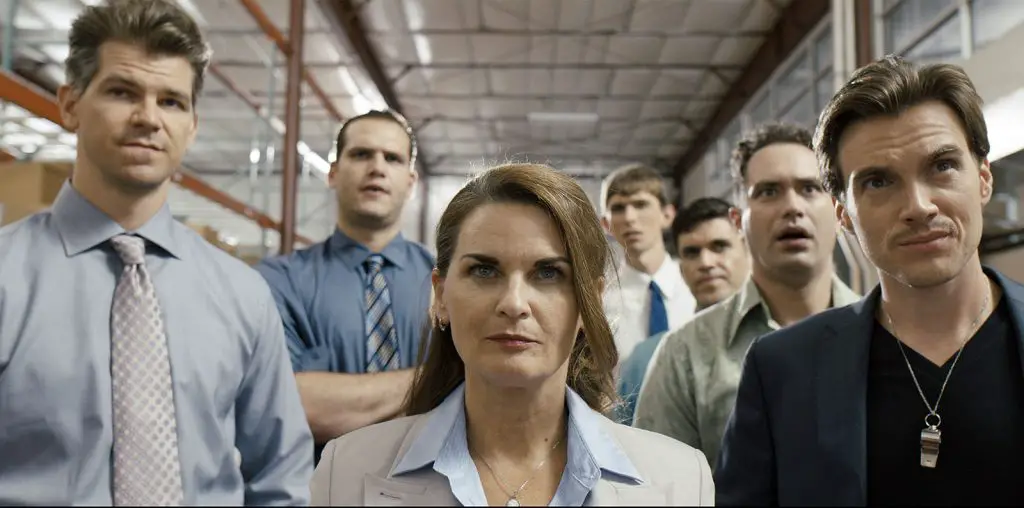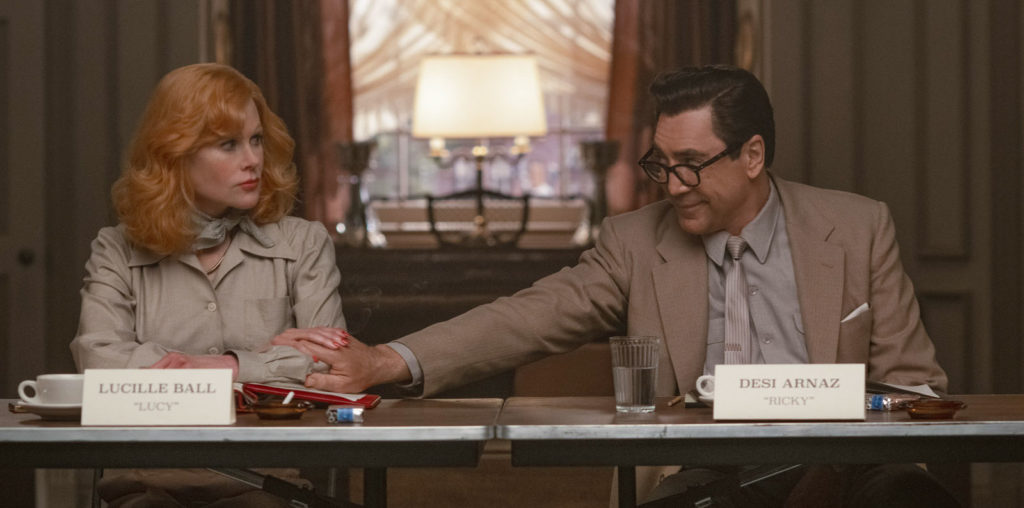
This is a story about a Native American teenage boy named Hunter (James Duval) who’s more than a little pissed off at the world. He’s got some good reasons, nearly all of which are somehow related to issues of identity and blood.
The first of these issues concerns heredity. Unlike most other minorities, the U.S. descendants of the original residents of this side of the planet that survived the horrors and diseases inflicted by European settlers keep track of exactly how much Native American lineage members of their tribes possess. While Hunter’s mother Maggie (Jeri Arredondo) is a full Cherokee, his father Hank (Kevin Anderson) is most definitely not. To highlight the matter, Hunter has hemophilia, considered a white-man’s disease, as only one other of his kind suffers from it out of the entire state of Oklahoma.
Then there’s the matter of name. Hunter has two names that haunt him. His father Hank is a dedicated life-long hunter. He was almost through his training as a fighter-pilot in Vietnam when he was discharged to care for his newborn hemophiliac son. The one and only time that the protective Maggie allowed her son to go deer hunting with his father, the young boy mistakenly killed a doe, a BIG no-no. The recoil from the rifle of course left an enormous bruise across the boy’s shoulder and chest. As if the name Hunter wasn’t enough of a painful reminder of the incident, he soon found himself stuck with the nickname “Doe Boy.”
The biggest problem in young Hunter’s life is the impediment his physical condition places in bonding with anyone, whether it be his dad, his friends, or even girls. He tends to compensate with a pretty big mouth that gets him in a great deal of trouble. It’s not until he’s completely honest with himself and those around him, and finds a way to connect to his cultural identity, that Doe Boy will be able to find his way in the world.
Writer/director Randy Redroad, who is only asthmatic, was apparently inspired by a hunting incident in his own life. Through this story, he’s found a way to explore some important historical and cultural issues on a very personal level. The diseases carried into the New World by white settlers are estimated to have killed at least 90% of the original residents of this hemisphere. Many Native Americans escaped the poverty and adverse conditions forced upon them by marrying into the white population, which is why tribal leaders can be so touchy about who lays claim to their heritage. Hell, I’m 1/16th Cherokee, and much of the population of my home state of West Virginia that has roots going back into the 1800s are the same way. An inherited disease like hemophilia would be a constant reminder of both the oppressors and impurities of Hunter’s cultural identity.
Okay, maybe that interpretation is a little heavy. The movie is never dogmatic about any of this stuff, not even when addressing Native mythology. It’s really just a good coming-of-age story about a young man trying to find himself. Generally, it’s enough to have a solid movie with great acting, like this one. It’s a bonus when it actually has something to say.

